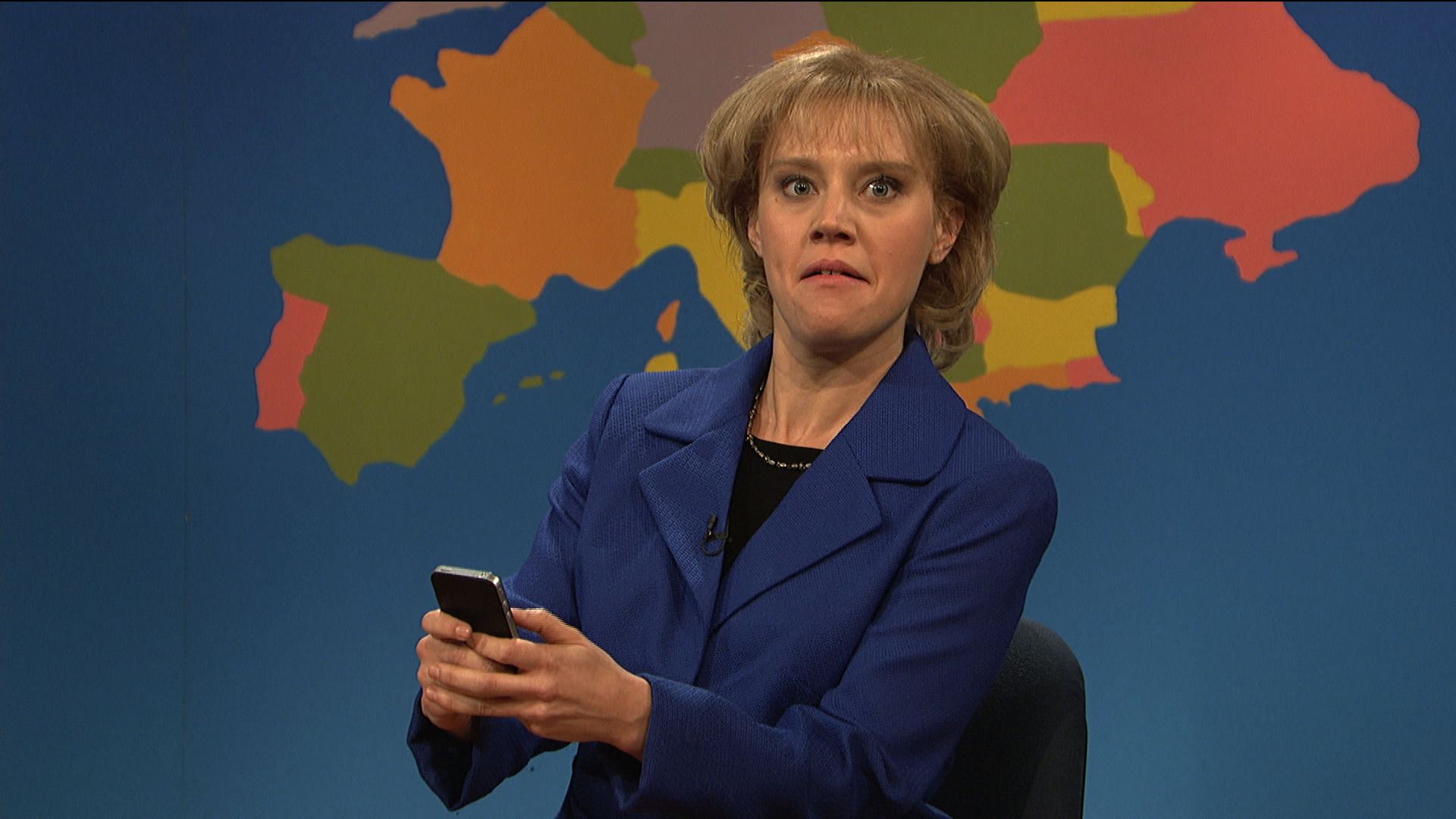-
Gallery of Images:

-
The Acheson report up close The Acheson report shows the link between health and mortality A report on health inequalities will provide a key influence on future public health policy in the UK, according to Health Secretary Frank Dobson. This is an audio version of a Wikipedia article created for the benefit of those who have vision problems or problem reading at night. This Wikipedia article Acheson Report: The inquiry into inequalities in health The main message of this report is that the current inequalities in health are excessive, undesirable, and should be reduced. A wide range of determinants of health were explored. Achesons recommendations were, therefore, directed across the whole of government. The Independent inquiry into inequalities in health report (Acheson report) was published in 1998. The purpose of the inquiry was to inform the development of the government's public health strategy and, in particular, to contribute to the forthcoming white paper, Our healthier nation. The Acheson Report, fully titled the Independent Inquiry into Inequalities in Health Report, was a report published in 1998 by a United Kingdom inquiry headed by Donald Acheson. Content Like earlier reports on health disparities in the United Kingdom including the Black Report and the Whitehall Study, the Acheson report demonstrates the existence of health disparities and their. The report represented The State Department releases the socalled AchesonLilienthal Report, which outlines a plan for international control of atomic energy. The Acheson Report, published in 1998, called for an increase in benefit for women of childbearing age, expectant mothers, young children and pensioners and. Acheson report on Islamic extremism in prisons recommends holding extremists in specialist units, crackdown on literature tightened vetting of chaplains. PERSONAL VIEW The Acheson report: challenges for the College N J Spencer The Acheson report Inequalities in health: report of an independent inquiry, 1 has been published 18 years after the. [The texts which follows has been taken from A Report on the International Control of Atomic Energy. Prepared for the Secretary of State's Committee on Atomic Energy. Government Printing Office, Washington, D. These were introduced in the early days of the NHS in response to the rising costs of drugs. The Scottish Government abolished prescription charges in April 2011. Acheson Report's wiki: The Acheson Report, fully titled the Independent Inquiry into Inequalities in Health Report, was a report published in 1998 by a United Kingdom inquiry headed by Donald Acheson. ContentLike earlier reports on health disparities in the United Kingdom includ Tackling Health Inequalities in the UK Evaluating the Acheson report. Summary by Don Nutbeam, Department of Health a Health Equity Network Seminar notes published by the Nuffield Trust Background and policy context A number of studies have suggested that social inequalities in health disappear or are attenuated in early adolescence possibly due to changing risk exposures. The resulting (Dean) Acheson(David) Lilienthal Report called for a UN authority to survey and control all uranium deposits and ensure that atomic research was conducted for peaceful purposes only. Once controls were in place, the United States would relinquish its arsenal and scientific. Acheson Report The Acheson Report, fully titled the Independent Inquiry into Inequalities in Health Report, was a report published in 1998 by a United Kingdom inquiry headed by Donald Acheson. Links were first made by the Black Report in 1980 and further reinforced by the Acheson Report in 1997. The Scottish Health Survey 2014 (published in September 2015) found of those living in the. This video shows you how to pronounce Acheson. This video shows you how to pronounce Acheson. Sign in to report inappropriate content. The Acheson Report, fully titled the Independent Inquiry into Inequalities in Health Report, was a report published in 1998 by a United Kingdom inquiry headed by Donald Acheson. [1 Like earlier reports on health disparities in the United Kingdom including the Black Report and the Whitehall Study, the Acheson report demonstrates the existence of health disparities and their relationship to. The Acheson Group (TAG) is a global food and beverage consulting company dedicated to helping clients protect their brand. Providing guidance and expertise worldwide, TAG helps companies throughout the food supply chain more effectively mitigate risk, improve operational efficiencies, and ensure compliance. Sir Donald Acheson, who has died aged 83, was chief medical officer (CMO) between 1983 and 1991 and is widely acknowledged as the key policymaker of the UKs successful drive against Aids. The Report on the International Control of Atomic Energy was written by a committee chaired by Dean Acheson and David Lilienthal in 1946 and is generally known as the AchesonLilienthal Report or Plan. The Acheson reports findings and recommendations on maternal and child health. In common with Black, Acheson adopts the socioeconomic model of health and its inequalities, which traces the roots of ill health to such determinants as income, education and employment, as well as the material environment and lifestyle. Evidencebased information on acheson independent inquiry into inequalities in health from hundreds of trustworthy sources for health and social care. Make better, quicker, evidence based decisions. Evidence search provides access to selected and authoritative evidence in. The AchesonLilienthal Baruch Plans, 1946 On June 14, 1946, before a session of the United Nations Atomic Energy Commission (UNAEC), U. representative Bernard Baruch, presented a proposal for the creation of an international Atomic Development Authority. Thank you for your interest in spreading the word about The BMJ. NOTE: We only request your email address so that the person you are recommending the page to knows that you wanted them to see it, and that it is not junk mail. This summary provides an overview of the review led by Ian Acheson into Islamist extremism in prisons, probation and youth justice, namely its context, key findings and principal. The Acheson Report 1998, an Independent Inquiry into Inequalities in Health was similar to the Black Report 1980 and can be considered as a Department of Health review of the evidence on inequalities in health in England. The AchesonLilienthal Report was a turning point of the Cold War, providing an opportunity to avoid a nuclear arms race and advocating the sharing of knowledge of nuclear energy and inspections to ensure its development for only peaceful use. Evidence of these health inequalities were published the Black Report (1980), the Acheson Report (1997), and most recently in a report by the UNs World Health Organisation (WHO). The first two reports are referred to as the Acheson reports, although Acheson was the chair and not the author. In the reference list: Committee of Inquiry into the Future Development of the Public Health Function. Independent Inquiry into Inequalities in Health Report Independent Inquiry into Inequalities in Health The Inquiry was chaired by: Sir Donald Acheson, Chairman of the International Centre for Health and Society at University College, London. The 1998 Acheson report echoes the findings of the 1980 Black report that the gap in inequalities in health has been steadily increasing and that differences. The Acheson Report published in 1988 found that mortality had decreased in the last 50 years but that inequalities in health remained, and in some instances health. Most notable of these were the Health Divide commissioned by the Health Education Council, 3 the Kings Fund Report, Tackling Inequalities, 9 the Department of Health Variations in Health Report, 10 and the Acheson Report of the Independent Inquiry into Inequalities in Health. 11 Each of these reports took a broad view of the wider determinants. The Acheson Report 1998, an Independent Inquiry into Inequalities in Health was similar to the Black Report 1980 and can be considered as a Department of Health review of the evidence on inequalities in health in England. Inequalities in Health The Acheson Report 1998 Inequalities in Health The Acheson Report 1998 Rait, G. 00: 00: 00 Almost 20 years ago the Black Report ( Black. , 1980 ) highlighted the complex nature of inequalities in health and their causes. It drew attention to the extent of poverty and interactions with health, but the government was not receptive to its findings. Findings Tackling health inequalities since the Acheson Inquiry (81. 45 KB) Full Report Tackling health inequalities since the Acheson Inquiry (332. Subscribing to our email newsletters is a great way to find out about our latest news, views, research, analysis, events and jobs. UCL Discovery is UCL's open access repository, showcasing and providing access to UCL research outputs from all UCL disciplines. Full text Full text is available as a scanned copy of the original print version. Get a printable copy (PDF file) of the complete article (313K), or click on a page image below to browse page by page. The Acheson Report (1998) Reports The Black Report (1980) The Health Divide (1987) Working Together for a Healthier Scotland (1998) 4. Social Class To understand the link between social class and ill health, we need to be clear what is meant by social class. This document contains the following information: Independent Inquiry into Inequalities in Health Report. This document is a PDF representation of a Parliamentary paper originally published on the. Public health services Public Health is defined as the art and science of preventing disease, prolonging life and promoting health through the organized efforts of society (Acheson, 1988; WHO). Activities to strengthen public health capacities and service aim to provide conditions under which people can maintain to be healthy, improve. The Acheson group, as had the Black report nearly two decades earlier, took the view that the causes of health inequalities were socioeconomic, were rooted in society, and not primarily the result of unequal access to health care. Inequalities in health are longstanding and their determinants are deeply ingrained in our social structure. Since 1980, although health and expectation of life have generally improved, the social gradients of many indicators of health have deteriorated, or at best remained unchanged. The 1998 Acheson report echoes the findings of the 1980 Black report that the gap in inequalities in health has been steadily increasing and that differences in material deprivation are a major cause of the increase The likely effects on inequalities in health of the chief policies implemented in.
-
Related Images:











